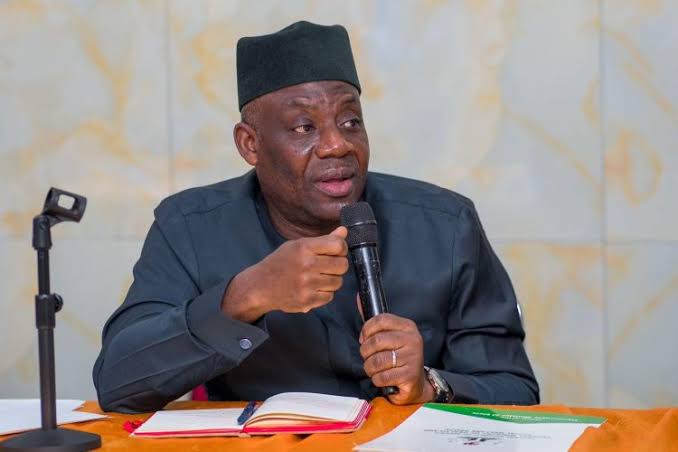A youth leader from Biase Local Government Area of Cross River State, Mr. Callistus Egwu, has criticised the Federal Government for reversing the National Language Policy, which promoted the use of mother tongues as the medium of instruction in early education.
The Minister of Education, Dr. Tunji Alausa, had on Wednesday announced the cancellation of the policy during the 2025 Language in Education International Conference organised by the British Council in Abuja. The policy, introduced in 2022, sought to make the language of the immediate environment the medium of instruction from early childhood to Primary Six.
Egwu, who spoke with some newsmen in Calabar, described the decision as “a setback to Nigeria’s cultural identity” and “an attempt to please Western interests at the expense of national heritage.”
He lamented that indigenous languages, already facing extinction in many communities, would further deteriorate following the policy reversal. “Our mother tongues define who we are and reflect our traditions. It is disappointing that someone would wake up and cancel such an important policy to satisfy foreign interests,” he said.
The youth leader also questioned the Federal Government’s claim that instruction in local languages contributed to students’ poor performance in national examinations.
“Does the minister have data on the state of our schools? Has he examined how poorly teachers are treated or how inadequate school facilities are? Those are the real causes of poor performance,” he stated.
Egwu noted that most teachers lacked proper training and that public schools suffered from acute shortages of teaching materials and infrastructure.
“How do you expect children to excel in an environment where learning tools are absent and academic excellence is not rewarded?” he asked.
He wondered why Nigeria would abandon a policy designed to preserve its culture when countries such as China and India continue to promote science and technology education in their native languages.
Also reacting, a mother of two, Mrs. Mmakim Ette, described the government’s action as “a sad development” that could accelerate the loss of indigenous languages among younger generations. “I’m still learning to speak clear Efik, but my children can barely understand it. This policy reversal will only make matters worse,” she said.
An activist, Mr. Akpan David, also faulted the decision, saying he makes deliberate efforts to speak Ibibio with his children and give them indigenous names.
He commended local radio stations such as FAD FM, Atlantic FM and Tangsio FM for promoting local dialects, urging authorities to emulate East African nations that continue to promote Swahili as their national language.






